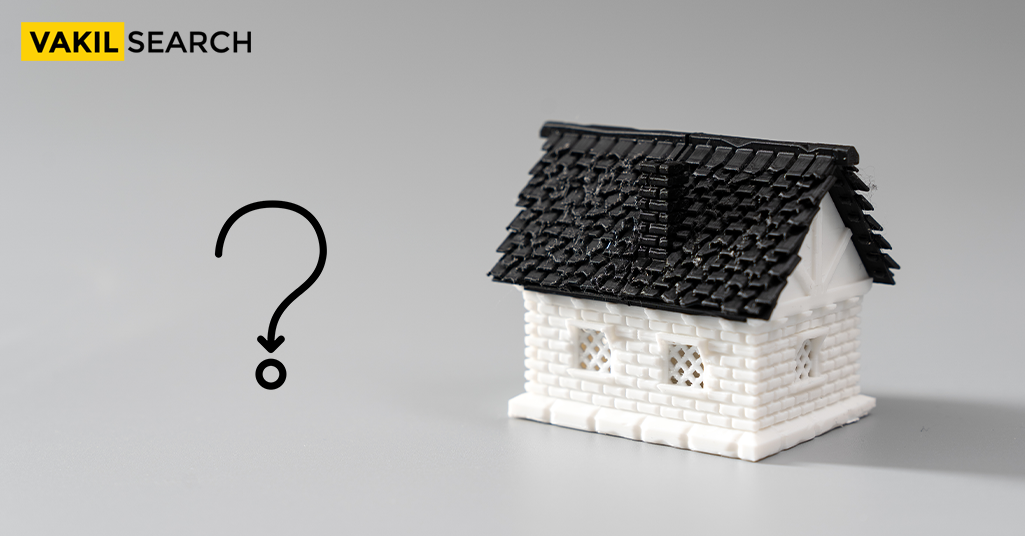There are a lot of disputes and issues when someone wants to sell their ancestral property. Many of them are related to claims by many parties who claim the rights to the property, which could result in problems for the buyer. It is essential to understand the difference between ancestral property and self-acquired property under Hindu Law before one can sell their ancestral property. In this article, we are going to learn more about what you should consider before selling your ancestral property in India.
You might face numerous disputes and issues if you want to sell your ancestral property. These issues might be related to those claiming property rights and will cause the buyer trouble. So, before selling ancestral property, you should understand the differences as detailed here.
Difference between Ancestral Property and Self-Acquired Property
Ancestral property under Hindu Law is known as coparcenary property. After the amendment in 2005: https://legislative.gov.in/constitution-ninety-third-amendment-act-2005, even the girls born in a joint Hindu family are allowed to take an equal share in the property, same as sons. Prior to this amendment, only male members of the joint Hindu family were known as co-parceners.
When it comes to self-acquired property, it is any property that a person purchases with his own money or any property he acquired as a share of the division of any ancestral or coparcenary property. The self-acquired property also includes property obtained through any testamentary document like a will or a legal heir.
Can One Sell the Ancestral Property as Karta?
If one is a Karta of a HUF (Hindu Undivided Family), he has all kinds of powers to manage the family and its assets according to Hindu law. But, Karta does not have a completely independent, individual ownership of the property and each co-parcener has its own share, title, right, and interest in the ancestral property.
According to some provisions, one can sell the ancestral Online Real Estate Property being Karta of the HUF as mentioned in mitakshara. Firstly, during the period of distress, secondly for the benefit or sake of the family and thirdly for holy purposes like religious work.
Distress period affects the whole family, for instance, in a case of legal necessity. In the same way, ‘For the sake of the family can be defined as maintenance of the home and may also include selling the property for family benefit and necessity. Whereas ‘holy purposes’ include essential acts of duty such as the obsequies of the ancestors and other kinds of religious works. You can know more about bbmp online tax payment from our Expert Advisory team.
Can One Sell the Ancestral Property as a Co-parcener?
A co-parcener is free to sell his interest in the ancestral property. For the sake of selling, he needs to take his share out of the ancestral property. For this, he can file a suit for the partition at any time. According to the settled law, if some purchaser has bought the share of a co-parcener in the ancestral property, he will not be allowed to compel him to file a suit for partition. It is the coparceners choice to decide when he wants to conclude the status of the jointness and get separated in the property.
Important facts about ancestral properties
- In ancestral property, the right to share comes by birth.
- Co-parceners, including daughters, can pursue partition and sale of ancestral to any Property Consultant Services and secure their share.
- The properties of the paternal ancestors should be sold only with the consent of the successors. Without consent, these properties cannot be sold. But, it can be regained by filing a suit for the partition in a court.
- Similarly, if their part of the share is denied, one can send a legal notice demanding their rights.
- If the property is not divided by the members of a joint Hindu family, it is considered ancestral property.
- Once the inherited property is partitioned, the share received by each co-parcener will become their self-acquired property.
- Properties acquired from the maternal side of the family are not considered ancestral property.
- According to Hindu law, the head of HUF vests all the power to manage family assets. But when it comes to the rights and ownership over an ancestral property, every co-parcener is entitled to getting their share. There are many queries regarding the Chennai property tax online payment that we have already answered for you.
Conclusion
So, these are some important things before selling an ancestral property. If you keep these things in mind before selling an ancestral property, you will be happy, and so is the buyer! I hope we have provided you with sufficient information. If you still have any doubts or need help, reach out to our team or leave your comment below.
FAQ
What are the legal steps involved in selling ancestral property in India?
The legal steps involved in selling ancestral property in India include obtaining a mutation of revenue records to transfer the property's title, getting the required documents in order, identifying the preferred sales method and completing the transaction structure.
How can one determine the fair market value of ancestral property for a successful sale in India?
The fair market value of an ancestral property can be determined by conducting property valuation through a registered valuer or a property consultant.
Are there any tax implications or exemptions associated with selling ancestral property in India?
There are tax implications associated with selling ancestral property in India. Immovable property sold after three years of purchase is subject to a capital gains tax of 20%. Additionally, in the case of NRIs, the buyer is required to deduct tax at source, which presents another set of complications for the NRIs.
It is advisable to seek tax guidance from experts to ensure that you’re paying the lowest applicable tax while selling ancestral property in India
What documentation is required for a smooth and legal transaction when selling ancestral property in India?
The documentation required for a smooth and legal transaction when selling ancestral property in India includes the original purchase agreement, mutation of revenue records, property valuation report and a power of attorney.
It is advisable to seek legal guidance to ensure that all necessary documents are in order.
Can the co-owners of ancestral property have differing opinions on its sale, and how is this resolved in India?
Yes, the co-owners of ancestral property can have differing opinions on its sale. In such cases, the matter can be resolved through a partition suit, which allows for the division of the property among the co-owners. It is advisable to seek legal guidance to ensure that the matter is resolved fairly and legally.
Also, Read:











